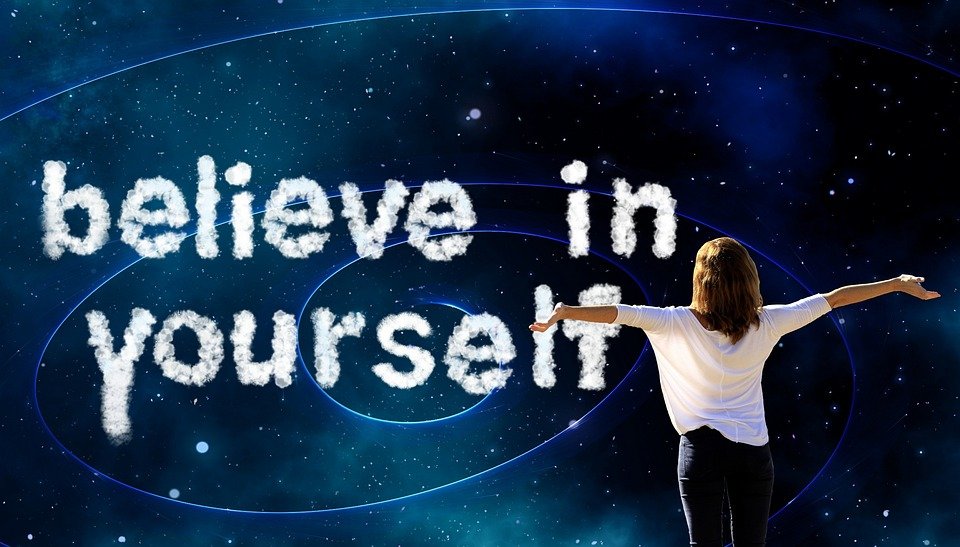Understanding the intricate relationship between consciousness and reality has fascinated philosophers, scientists, and laymen alike for centuries. How we perceive the world around us is deeply intertwined with our consciousness. This article explores how our thoughts and perceptions shape our understanding of reality, emphasizing the role of consciousness in creating our world. By delving into various perspectives, we aim to uncover how our mental frameworks impact our experiences and interactions with our environment.
The Nature of Consciousness
Consciousness can be defined as the state of being aware of and able to think and perceive one’s surroundings. This awareness is not a monolithic experience; it varies among individuals and is influenced by multiple factors, including:
- Biological factors: Neural processes in the brain
- Psychological factors: Emotions, thoughts, and intentions
- Cultural factors: Social conditioning and environment
These components play a critical role in how we interpret our experiences and construct our version of reality. Our consciousness serves as a lens through which we view the world, shaping our thoughts, beliefs, and actions.
How Perception Shapes Reality
Perception is an essential function of consciousness that helps us make sense of the world. It involves interpreting sensory information to create our interpretations of reality. Consider these key components of perception:
- Selective Attention: Our minds filter incoming information, prioritizing what is deemed significant.
- Belief Systems: Pre-existing beliefs can distort our perception, leading us to see what we expect.
- Emotional Influence: Our emotions can color our perceptions, impacting how we experience events.
The interplay of these components highlights how our minds can both clarify and obscure reality. The art of perception underscores the critical role that consciousness plays in shaping our lived experiences.
The Role of Consciousness in Creating Reality
Our consciousness does not merely reflect reality; it actively participates in shaping it. This concept is evident in various domains:
- Quantum Physics: Some interpretations suggest that observation affects outcomes on a quantum level.
- Psychology: The placebo effect demonstrates how belief can lead to real, measurable changes in health.
- Spirituality: Many philosophical and spiritual traditions assert that consciousness itself is a fundamental aspect of reality.
These examples illustrate that our conscious engagement can create tangible effects in the world around us. The relationship between consciousness and reality is a dynamic interplay that warrants further exploration.
Exploring Consciousness Through Different Theories
Various theories offer insights into how consciousness interacts with reality. Here are a few notable perspectives:
- Idealism: Proposes that consciousness is the primary substance of reality; the material world is secondary.
- Materialism: Argues that consciousness arises from physical processes in the brain.
- Panpsychism: Suggests that consciousness is a fundamental feature of all matter.
These theories explore the complexities of consciousness, each contributing unique perspectives on how our minds create the world around us. Engaging with these diverse viewpoints enriches our understanding of the consciousness-reality relationship.
Practical Implications of Conscious Awareness
Recognizing the connection between consciousness and reality has profound implications for daily living. Embracing this relationship can lead to:
- Enhanced Self-awareness: Understanding our thought patterns can promote personal growth.
- Improved Relationships: Being mindful of our perceptions can foster empathy and understanding.
- Greater Resilience: Adapting our perceptions can help us navigate challenges more effectively.
By consciously engaging in how we perceive reality, we can cultivate a more fulfilling and enriched life experience.
Conclusion: Engaging with Our Consciousness
The exploration of consciousness and reality reveals a complex tapestry woven from our perceptions, beliefs, and experiences. As we delve deeper into the relationship between our minds and the world, we enhance our ability to shape our reality. Embracing this knowledge empowers us to engage with life in a more meaningful and intentional way.
How do you perceive reality through your consciousness? Share your thoughts and engage in the conversation about this ever-fascinating topic.




